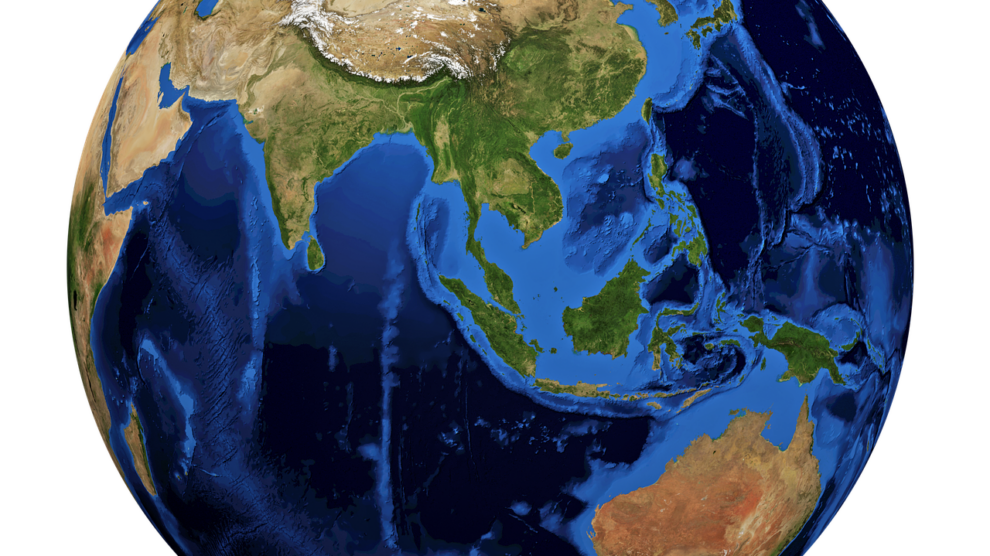In a significant stride towards technological advancement, businesses across the Asia-Pacific (APAC) region are gearing up to substantially boost their investments in Generative Artificial Intelligence (GenAI), marking a pivotal shift in their operational strategies.
According to the latest report from the Infosys Knowledge Institute (IKI), a research arm of Infosys, APAC companies are on track to nearly triple their spending on GenAI by 2024, reaching an estimated US$3.4 billion.
The surge in investment signals a momentous transition towards embracing innovative AI solutions to enhance productivity and competitiveness across various industries.
The report, unveiled at the APAC Confluence in Melbourne, underscores the remarkable growth trajectory of GenAI adoption in the region, with Australian enterprises emerging as frontrunners in this transformative journey.
Notably, Australian investment in GenAI is projected to soar from $63 million to $159 million in 2024, marking a substantial 150% increase, the second-highest growth rate in APAC following China.
Drawing insights from interviews with business leaders and AI practitioners, along with a comprehensive survey spanning Australia, New Zealand, China, Japan, India, and Singapore, the Infosys Generative AI Radar APAC report offers valuable insights into the evolving landscape of GenAI adoption and its implications.
Key findings from the report highlight the robust growth of GenAI spending in the APAC region, with China leading the pack with an anticipated investment surge of over 160%, amounting to US$2.1 billion. Australia and New Zealand closely trail behind, with a remarkable growth projection of over 150%, elevating their combined investment to US$151 million in 2024.
Moreover, Australian companies stand out for their ability to derive substantial business value from GenAI investments, outperforming their European and North American counterparts.
Despite lagging in current investment proportions compared to Europe and North America, Australian firms demonstrate a higher efficacy in utilizing their allocated funds towards driving impactful AI initiatives.
However, the report also sheds light on the prevalent challenges hindering widespread GenAI adoption in the APAC region, including concerns surrounding responsible AI practices, potential reputational risks, and workforce readiness.
Additionally, Australian and New Zealand companies exhibit the lowest levels of employee readiness for GenAI, indicating a pressing need for upskilling initiatives to bridge the competency gap.
Despite these challenges, APAC companies exhibit a strong belief in the transformative potential of GenAI, particularly in areas such as product development and content generation.
A significant proportion of firms in the region anticipate GenAI to streamline product development processes and enhance creativity in content generation, positioning it as a pivotal tool for driving innovation and market competitiveness.
Groth says the transformative nature of Generative AI, highlighting the cautious yet progressive approach adopted by APAC companies.
He underscores the importance of talent development and fostering a conducive ecosystem for AI innovation to maximize the benefits of this groundbreaking technology.
As businesses in the APAC region gear up to embrace the transformative power of Generative AI, they are poised to unlock unprecedented opportunities for innovation, efficiency, and competitiveness across diverse sectors.
With a concerted focus on talent development and collaborative ecosystem building, APAC companies are primed to lead the charge towards realizing the full potential of Generative AI in shaping the future of industries.





